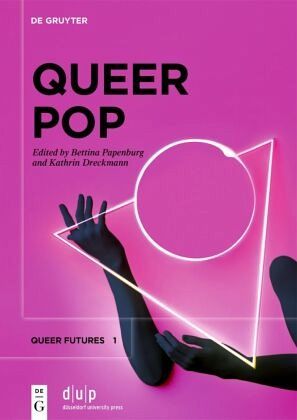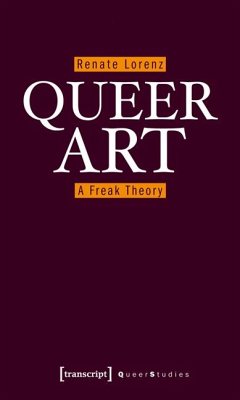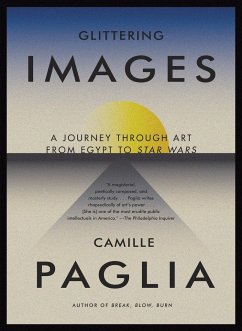Nicht lieferbar

Queer Pop
Aesthetic Interventions in Contemporary Culture
Herausgegeben: Papenburg, Bettina; Dreckmann, Kathrin
Versandkostenfrei!
Nicht lieferbar
Popular culture encompasses and draws on a rich history of works by musicians, filmmakers, writers, photographers, and performers who question the contours of traditional sexual and gender identities, including but not limited to members of LGBTQIA_ communities. When encountered on the stage or screen, for instance, in the guise of drag performances, forms of sexual ambiguity often spark fascination. Yet in everyday life in various socio-cultural contexts, sexual and bodily difference in all its forms is still met with hostility, rendering vulnerable those human beings that deviate from the wh...
Popular culture encompasses and draws on a rich history of works by musicians, filmmakers, writers, photographers, and performers who question the contours of traditional sexual and gender identities, including but not limited to members of LGBTQIA_ communities. When encountered on the stage or screen, for instance, in the guise of drag performances, forms of sexual ambiguity often spark fascination. Yet in everyday life in various socio-cultural contexts, sexual and bodily difference in all its forms is still met with hostility, rendering vulnerable those human beings that deviate from the white, male, straight, able-bodied norm. Queer artists today respond to social stigma in multiple creative ways, for example, by transforming negative affect, fostering a politics of care, and rewriting history.
This volume considers how feminist, queer, and trans_ musicians, filmmakers, curators, and performance artists contribute to popular culture. It explores the many ways of relating to difference, however this is conceived, that their contributions enable. What affects do their works engender? How do they rouse their audience, and to what ends? How do they fabricate and circulate provocative messages about new forms of gender, race, class, and desire? What other visions do they inspire?
This volume considers how feminist, queer, and trans_ musicians, filmmakers, curators, and performance artists contribute to popular culture. It explores the many ways of relating to difference, however this is conceived, that their contributions enable. What affects do their works engender? How do they rouse their audience, and to what ends? How do they fabricate and circulate provocative messages about new forms of gender, race, class, and desire? What other visions do they inspire?













